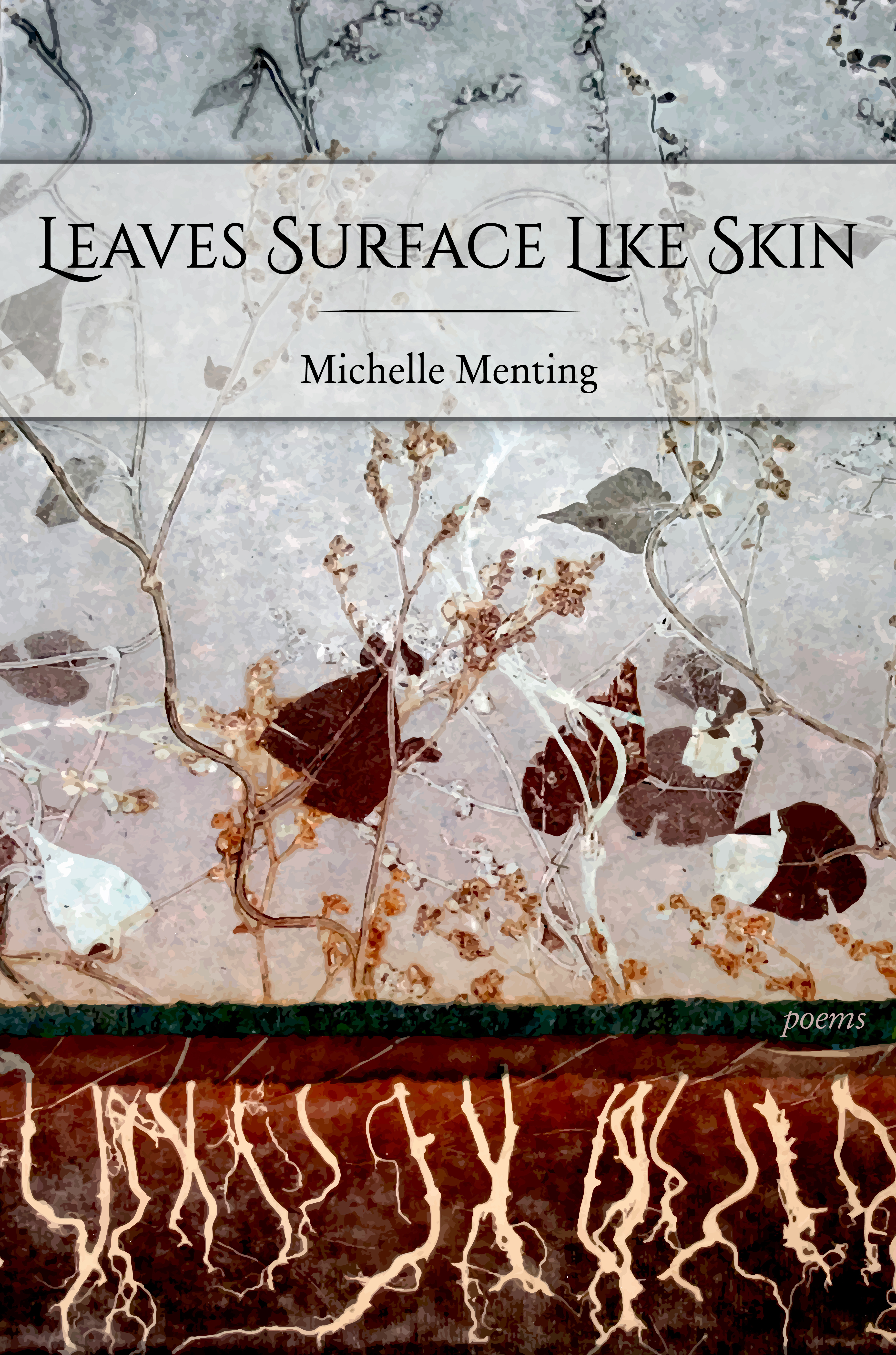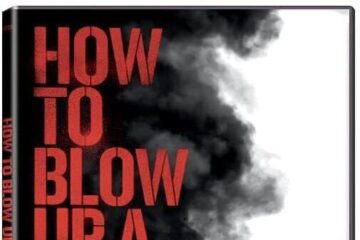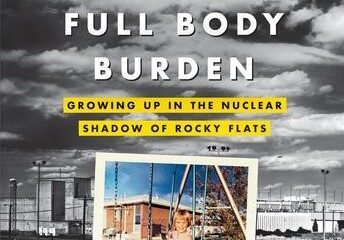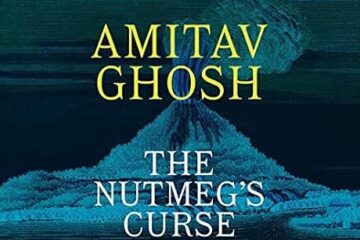Michelle Menting
As we read the garden of poems Menting sowed in Leaves Surface Like Skin, we begin seeing the emotional seeds of our life beautifully, too. As she does in one of her poems, we too “wrestle heuristics” throughout the collection learning how we can find beauty in every landscape we’ve encountered, even the pain.
Menting tells us, “Sometimes I sat so quietly, so still, / I could listen to all that belonged, to everything / local”. We, too, sit quietly as we read, listening to all the things that belong in her landscape (even the things that we wish didn’t): the burning barn, the awkward sister’s complaint, the old crush that loved someone else, the house arrest that made the brother stay, the roaches who always seem to beat the apocalypse.
We fall for all of it here, in her poems, like Jack falls for Jill. As if the pain were Jill’s lungs “pails of water instead of dry, / hollow”.
And when she asks, “Maybe the moon rises like this everywhere?” we want to answer her, it does. Regardless of our experiences, we are immersed here with her in the hushed beauty of the external world and her silent traumas. But we too feel charmed: “All of us / enchanted, sent adrift and floating in the gales of youth and gloss”.
Through her exploration of trauma and environment, our personal tragedies become accessible. We find ourselves considering, “Land we did not own but that owned / our souls in its soil like all life its surface / sends meandering”. We find ourselves considering what built us and contemplate the sturdiness of it all—its grit.
The dark and the dirty all leads to birth in her book. It’s liberating to see the dark places as flower beds, as forest floors offering homes, love and growth. As “their porous sounds liberate the leaves,” her poems too are liberating. “If anything / is moved—if anything shudders, if anything shakes—it is your own unheard heart”.
Menting inspires us to explore our hearts once again. Her collection waters our own unheard needs, photosynthesize our unwritten poems. And even though, “we all know / about hunger, about want, about cycles—”, she stills makes it new. As we learn about her life, and the landscapes she’s encountered, we’re relearning our own.
Her poem, “After Reading ‘A Blessing’ by James Wright, I Pay More Attention,” reflects the same experience I had reading her. I want to pay more attention to life around me: not the death, but the life. As she points out, “I can’t step out of / my body completely and break / into flower, but parts do blossom”. For me, parts did bloom. Parts I didn’t expect to.
Reviewer Bio: Crystal’s poetry has previously appeared or is forthcoming in Sport Literate, Collective Unrest, Driftwood Press, New Verse News, Occulum, Anomaly, BONED, Eunoia Review, isacoustics, Tuck Magazine, Writers Resist, Drunk Monkeys, Coldnoon, Poets Reading the News, Jet Fuel Review, Sigma Tau Delta Rectangle, North Central Review, Badlands Review, Green Blotter, Southword Journal Online and Dylan Days. She is currently pursuing her MFA at Iowa State University, gave a TEDx talk on poetry the first week of April and her first collection of poetry, Knock-Off Monarch, is forthcoming from Dawn Valley Press this autumn. In her free time, she edits poetry and writes poetry book reviews for Flyway: Journal of Environmental Writing. You can find her on Twitter @justlikeastone8 and on instagram @stone.flowering or at her website: www.crystalbstone.com.




